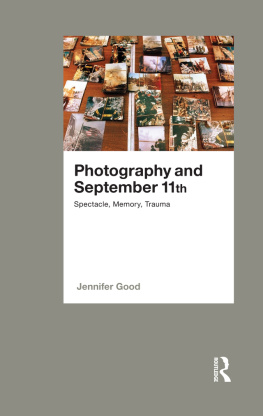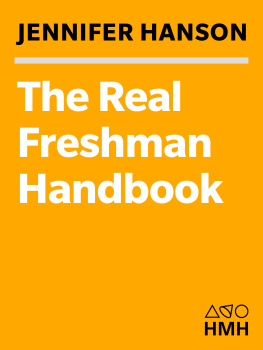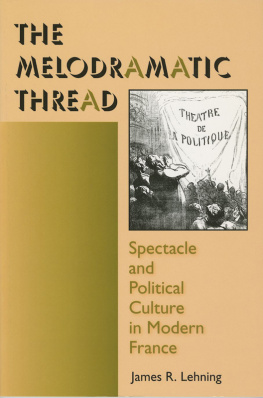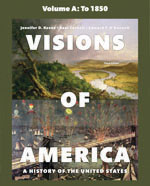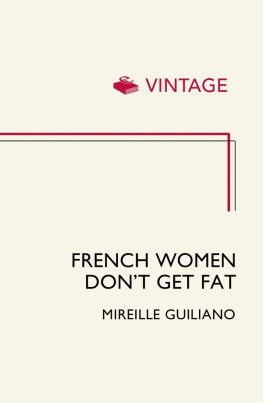CRITICAL ISSUES IN SPORT AND SOCIETY
Michael Messner and Douglas Hartmann, Series Editors
Critical Issues in Sport and Society features scholarly books that help expand our understanding of the new and myriad ways in which sport is intertwined with social life in the contemporary world. Using the tools of various scholarly disciplines, including sociology, anthropology, history, media studies and others, books in this series investigate the growing impact of sport and sports-related activities on various aspects of social life as well as key developments and changes in the sporting world and emerging sporting practices. Series authors produce groundbreaking research that brings empirical and applied work together with cultural critique and historical perspectives written in an engaging, accessible format.
Jules Boykoff, Activism and the Olympics: Dissent at the Games in Vancouver and London
Kathryn Henne, Testing for Athlete Citizenship: The Regulation of Doping and Sex in Sport
Jeffrey Montez de Oca, Discipline and Indulgence: College Football, Media, and the American Way of Life during the Cold War
Library of Congress Cataloging-in-Publication Data
Guiliano, Jennifer.
Indian spectacle : college mascots and the anxiety of modern America / Jennifer Guiliano.
pages cm. (Critical issues in sport and society)
Includes bibliographical references and index.
ISBN 9780813565552 (hardback) ISBN 9780813565545 (pbk.) ISBN 9780813565569 (e-book (web pdf))
1. Indians as mascots. 2. Sports team mascotsSocial aspectsUnited States. 3. Indians of North AmericaSocial conditions20th century. I. Title.
GV714.5.G85 2015
306.4'83dc23
2014030636
A British Cataloging-in-Publication record for this book is available from the British Library.
Copyright 2015 by Jennifer Guiliano
All rights reserved
No part of this book may be reproduced or utilized in any form or by any means, electronic or mechanical, or by any information storage and retrieval system, without written permission from the publisher. Please contact Rutgers University Press, 106 Somerset Street, New Brunswick, NJ 08901. The only exception to this prohibition is fair use as defined by U.S. copyright law.
Visit our website: http://rutgerspress.rutgers.edu
Manufactured in the United States of America
In elementary school, my mom taught me to thread a microfiche machine to read nineteenth-century census rolls, and my dad taught me to love sports. I didnt realize then how much those two things would inform the rest of my life. This is dedicated to them, the historian and the coach. Thanks for teaching me everything I know.
As a student of history and a scholar working at the intersection of history, critical sport studies, and race, I have been honored to have individuals, institutions, and organizations contribute their time, energy, money, and emotional support to this work in its various incarnations. I am deeply thankful for the mentoring and engagement offered by coadvisers, committee members, and faculty during various degrees. Passionate about the field and about my work, Adrian Burgos was a champion adviser, mentor, teacher, and friend, who I am certain made me a better scholar. He was, and continues to be, an influential presence in my academic life. I am proud to have been his doctoral student and can only hope to carry on his legacy of excellence with my own students one day. Dave Roediger offered an incredible breadth of knowledge and enthusiastic support for this project, which greatly shaped this text, its predecessors, and my experience in writing it. Daves joy at being a scholar and activist continually reminds me that being caring and engaged is just as important in our scholarship as the critical thinking that we are doing. Committee members Frederick Hoxie and Michael Giardina invested their intellectual and emotional energies in guiding my scholarship. Fred introduced me to the incredible field of American Indian studies and has served as an important example of how one can construct a decades-long career that blends advocacy, activism, and historical analysis. I am particularly indebted to Michael for his continual urging to consider and reconsider innovative theoretical and methodological approaches to this book. Michaels incredible range of productivity around critical sport studies serves as a model of how one can be a fan of sports but also a critical theoretician and author. I am honored to call him a colleague and friend. I owe a large measure of thanks to additional scholars who directly and indirectly shaped this project: Daniel A. Nathan, Marguerite S. Shafer, Allan M. Winkler, Andrew R. L. Cayton, Kristin Hoganson, C. L. Cole, O. Vernon Burton, Jean Allman, Antoinette Burton, Susan Sleeper-Smith, Brenda Farnell, Carol Spindel, Norm Denzin, Philip J. Deloria, Eric Lott, Jim Barrett, and the entire Committee on Institutional Cooperation American Indian Studies Consortium (20012008).
I am delighted to offer thanks to my former graduate-student colleagues at the University of Illinois and Miami University. A truly brilliant group of academics, they provided valuable insights in coursework through informal discussions and in formal reviews of papers and proposals. Of particular note for their intellectual and personal support are Alexandra Sasha Mobley, Amanda Brian, Anita Bravo, April Lindsey, Karlos Hill, Melissa Rohde-Cherullo, Michelle Kleehammer, and Sandra Henderson. All are great scholars in their own right, and I eagerly anticipate every lecture, article, and book that they produce. You should buy their books and go hear them speak. Their scholarship will change your conception of the world and how it came to be. I also offer my thanks to Trevor Muoz; Kate Parkhurst; Kelsey, Carlos, and Cy Corlett-Rivera; Paz Magat; Tara Rodgers; and Rebecca Appleford. Always willing to have a cocktail, eat dinner, have a chat, or watch a game, they provided a much-needed outlet throughout the revision process.
This project benefited from extensive assistance from the individuals, archivists, and departments that provided access to their collections. At the University of Illinois, I must extend special thanks to former librarian Mary Stuart of the History, Philosophy, and Newspaper Library, as well as the University Archives, the Sousa Archives, and the Center for American Music. Staff at the Florida State University Special Collections and University Archives, the Miami University Archives, the Stanford University Native American Cultural Center, the Stanford University Special Collections and University Archives, the University of North Dakota Department of American Indian Studies, and the Elwyn B. Robinson Department of Special Collections at the University of North Dakota ably assisted and greatly enriched my efforts. A number of university departments and their faculty and staff supported my research by providing funding, leave to complete my work, or unique collaborative opportunities. They include the Department of History at Miami University; the Miami University Archives; the Departments of History and American Indian Studies at the University of Illinois; the Committee on Institutional Cooperation American Indian Studies Consortium; the Institute for Computing in Humanities, Arts, and Social Science at the University of Illinois; and the Maryland Institute for Technology in the Humanities at the University of Maryland.
Various incarnations and portions of material throughout this book were presented at conferences and invited presentations including, but not limited to, the North American Society for Sport History Annual Conference (May 2002); Capitalizing on Sport: America, Democracy, and Everyday Life Conference sponsored by the University of Illinois at Urbana-Champaign and the Center on Democracy in a Multiracial Society (March 14, 2003); the Association for Cultural Studies Annual Conferences (2004, 2007); the Committee on Institutional Cooperation/American Indian Studies Consortiums Annual Graduate Conference sponsored by Indiana University (April 21, 2006); and the Department of History at the University of Maryland (2012). I offer thanks to the attendees of these events for their comments and criticism, with particular appreciation for C. Richard King, whose interest and willingness to provide opportunities for young scholars led directly to the publication of this work. His own scholarship on mascotry and race represents the best of this small but growing field. Along with Richard, I extend my gratitude to series editors Douglas Hartmann and Michael Messner as well as Rutgers University Press editor Peter Mickulas. Thank you for your contributions to the study of sport and society and your support of my work.


